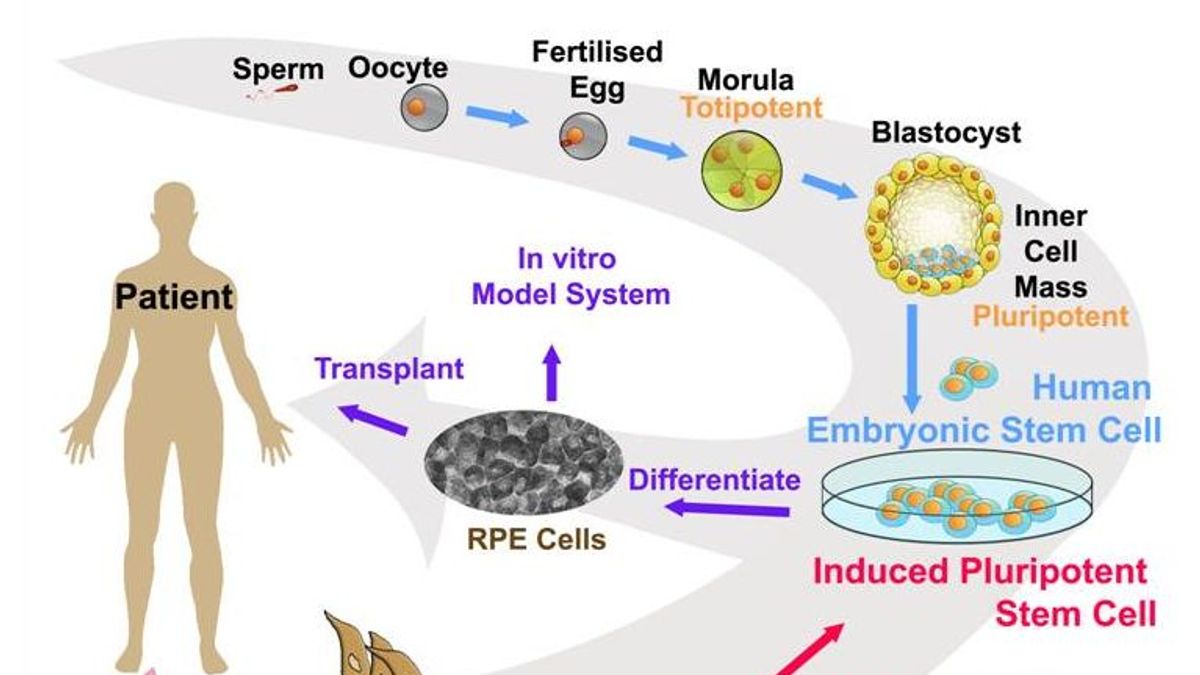
The Japan Agency for Medical Research and Development (AMED)Ī type of cell in the innate immune system, NK cells do not respond to any specific antigens of a pathogen or cancer but rather to conditions such as cell injury.This research is supported by the following organizations. Support for manufacturing of cellular products.
#Human japanese ips trial
National Cancer Center Exploratory Oncology Research & Clinical Trial Centerĭivision of Cancer Immunotherapy Tetsuya Nakatsura CiRA Foundation Preparation of investigator-initiated clinical trial planĭepartment of Experimental Therapeutics/Deputy Director Toshihiko Doiĭepartment of Experimental Therapeutics/Department of Medical Oncology Kenichi Haranoĭepartment of Experimental Therapeutics/Department of Hematology Junichiro YudaĬlinical Research Support Office Akihiro Sato.Principal investigator:Shin Kaneko National Cancer Center Japan Methods for cell manufacturing and quality control.Development of cells for clinical trial.(6) Number of patientsįor details about patient recruitment, see the NCC Hospital East site (in Japanese). In total, the minimum and maximum doses are 0.5x106 and 3.0x106 iCAR-ILC-N101/kg, respectively. (5) About the cell transplantationĪpproximately 1x106 iCAR-ILC-N101/kg are transplanted weekly for four weeks percutaneously into the peritoneal cavity. Patients with inoperable and advanced ovarian follicular carcinoma expressing GPC3. The iPS cell line, QHJI01s04, provided by the CiRA Foundation through its iPS cell stock, was genetically engineered and differentiated into iCAR-ILC-N101. To evaluate the safety and tolerance of repeated intraperitoneal injections of anti-GPC3 expressing CAR iPS cell-derived ILC/NK cells, or iCAR-ILC-N101, in patients with inoperable ovarian cancer. September 2021 The first transplantation to a patient is administered 3.Clinical Trial Outline (1) Name of clinical trialĪ phase 1 clinical trial of intraperitoneal administration of GPC3-CAR expressing iPS cell-derived innate lymphoid/natural killer cells for patients with GPC3 positive advanced ovarian clear cell carcinoma with peritoneal dissemination (2) Purpose of clinical trial MaThe plan is submitted to the Japan Pharmaceutical and Medical Devices Agency (PMDA) JanuNCC Institutional Review Board approves the plan The clinical trial began in April, and the cells were transplanted into the first patient in September. The researchers therefore genetically engineered HLA-homozygous iPS cells to express the GPC3 receptor and then differentiated the cells into NK cells for ACT. GPC3 is an attractive target because its expression specifically correlates with several cancer cells including ovarian cancer cells. Genetic engineering of the iPS cells makes the ACT more potent. iPS cells with homologous human leukocyte antigens (HLA) especially are immunologically compatible with a larger number of patients. Kaneko has combined CAR technologies with iPS cell technology to increase the number of patients who can benefit from this treatment.

CiRA Professor Shin Kaneko is leading the project.ĪCT using CAR T cells and CAR NK cells has exceptional promise against cancer. The iPS cells were used to generate chimeric antigen receptor (CAR) innate lymphoid/natural killer cells (ILC/NK) targeting glypican-3 (GPC3) protein, which, for the first time, have been transplanted into a patient. The Center for iPS Cell Research and Application (CiRA), Kyoto University, and the National Cancer Center (NCC) Hospital East are cooperating on a phase I clinical trial to investigate the safety and tolerance of a new iPS cell-based adoptive cellular therapy (ACT) for ovarian cancer.


Center for iPS Cell Research and Application (CiRA), Kyoto University


 0 kommentar(er)
0 kommentar(er)
